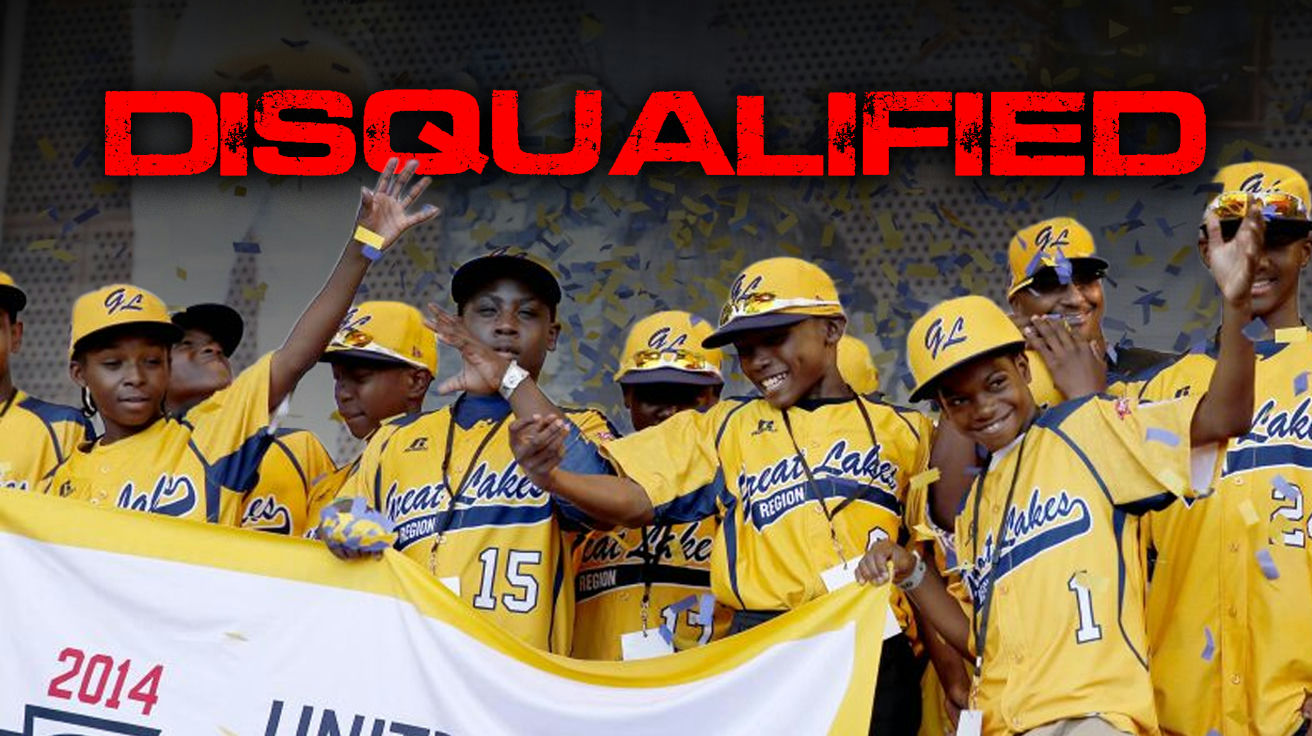
In 2014, the Jackie Robinson West Little League team rode a rocket ship to fame. These kids from Chicago’s South Side snagged the U.S. championship before falling in the world finals. Talk about a plot twist—their fairy tale crashed faster than a Netflix documentary subject when eligibility accusations surfaced.
District administrator Michael Kelley and manager Darold Butler became the villains in this sports drama. They allegedly expanded team boundaries to grab ineligible talent. The scandal blew up like mentos in diet coke, exposing cracks in Little League’s system and raising tough questions about adults who put winning above kids’ wellbeing.
13. Jackie Robinson West’s Historic Triumph
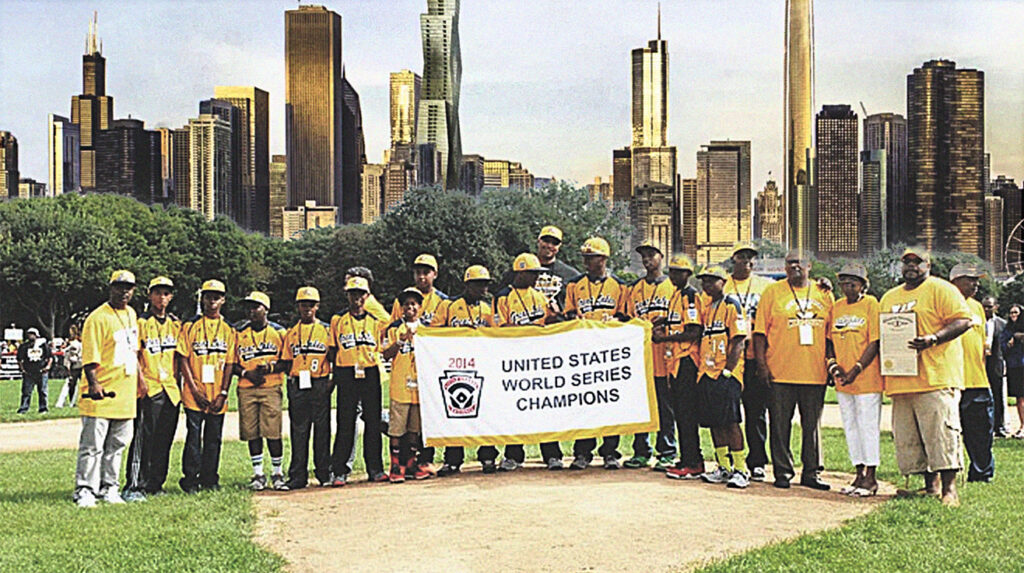
These kids weren’t your cookie-cutter suburban squad. Jackie Robinson West burst out of Chicago’s toughest neighborhoods and flipped the script on expectations. The all-Black team became Chicago’s first-ever U.S. champs, turning casual viewers into die-hard fans. TV ratings exploded as America couldn’t get enough.
The celebrations? Major league worthy. These young ballers scored parades, celebrity shoutouts, Disney World trips, and even dapped up the President. For kids facing daily challenges tougher than any fastball, this spotlight shined brighter than the Diamond Vision at Wrigley Field.
12. The Improbable Road to Williamsport
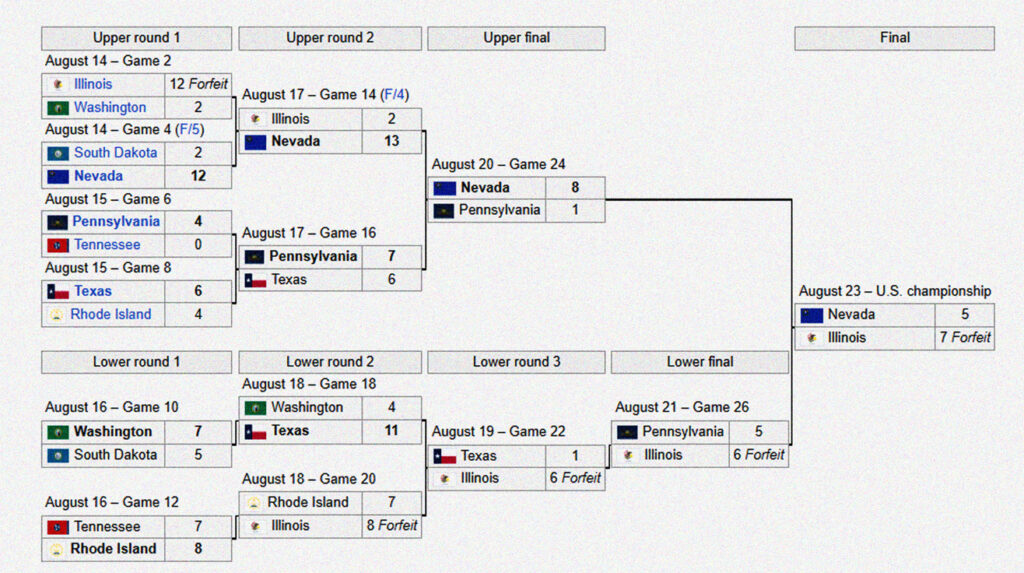
Getting to the Little League World Series? Harder than finding a PS5 at launch. Only a microscopic fraction of the 6,500 global teams make it to Williamsport each year. Teams must slay four tournament dragons—district, sectional, state, and regional—just to qualify.
JRW crushed every opponent in their path. Their journey wasn’t just impressive—it was statistically bonkers. Suburban teams with fancy facilities and fat budgets usually dominate this tournament. These South Side kids flipped that script and rewrote what seemed possible for city teams with more heart than resources.
11. Domination on the Field
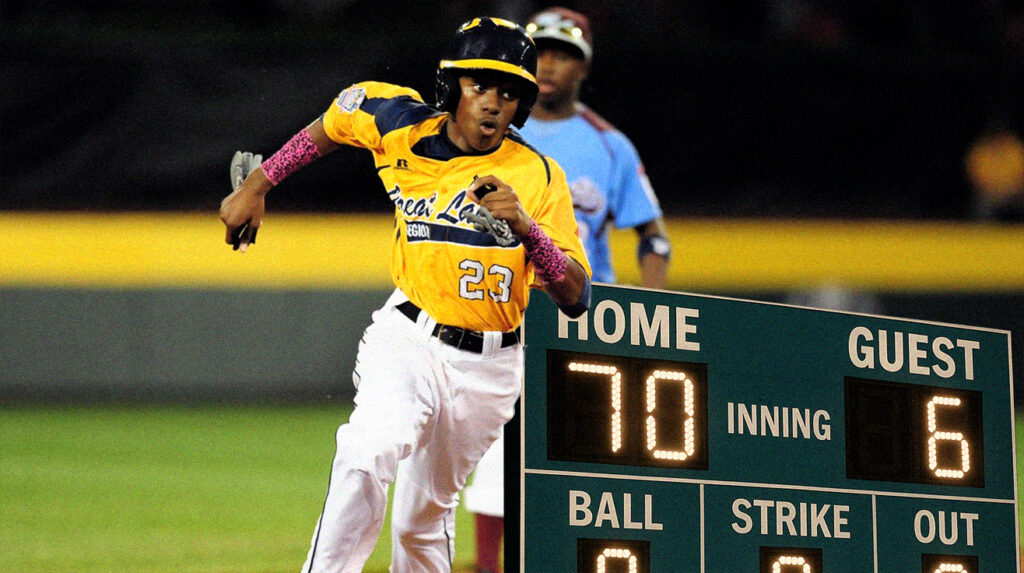
JRW didn’t just win games—they demolished the competition with video game numbers. The scoreboard looked broken: 70-6 in sectionals, 53-3 at state level, and a slightly more merciful 63-19 in regionals. Do the math: that’s a ridiculous 186-28 total domination.
These kids dropped 43 runs in a single four-inning game. The team played with fundamentals and baseball IQ that had coaches scratching their heads. Their coordination and situational awareness seemed impossibly advanced, like middle schoolers solving college calculus problems. This level of excellence won hearts initially but planted seeds of doubt that would later bloom into controversy.
10. The Mo’ne Davis Effect
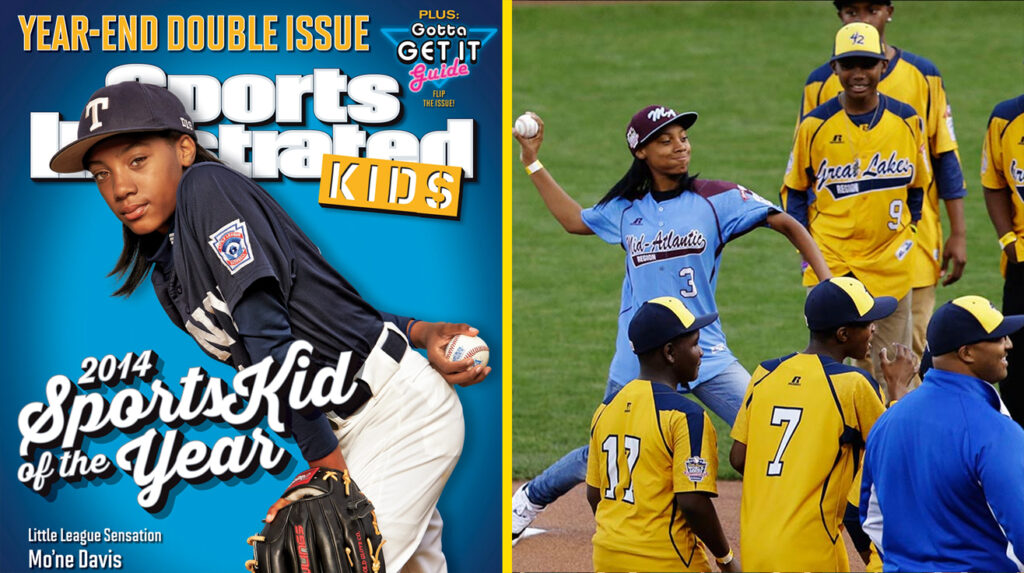
Enter Mo’ne Davis—the ultimate plot twist in this baseball drama. This girl threw fire at 71 mph and made history with the first female shutout in Little League World Series. Sports Illustrated put her on the cover while most kids her age were just trying to keep their room clean.
When JRW faced Davis’s Taney Dragons, America stopped scrolling and started watching. The matchup became the most-viewed Little League game ever. By beating the girl who broke the internet, JRW suddenly found themselves trending everywhere. Overnight, these Chicago kids became the main character in America’s sports conversation.
9. Disproving Stereotypes and Gaining National Acclaim

These kids didn’t just play baseball—they shattered stereotypes about Chicago’s South Side youth faster than a broken bat. Their impeccable sportsmanship and humble demeanor made them impossible not to root for. They carried themselves with a grace that made parents everywhere nod in approval.
The nation went wild. Celebs shouted them out, MLB star Carl Crawford offered to cover travel costs, and 17,000 team shirts flew off shelves. Donations hit $300,000—unheard of for a Little League squad. Chicago embraced these boys as if they’d won the World Series, proving that representation can hit harder than any home run.
8. White House Visit and Celebrations

The accolades stacked up faster than TikTok followers for a viral dance. Chicago threw these kids a parade that pulled 10,000 fans—the kind of turnout Marvel characters get. Both the Cubs and White Sox rolled out the red carpet at their stadiums.
The ultimate flex? Meeting President Obama at the White House. Add a Frosted Flakes box feature, Disney World trip, and “Chicagoans of the Year” title to complete the championship buffet. Through it all, these 12-year-olds stayed more grounded than most adults with a blue checkmark. Their humility made the coming scandal feel like the ultimate plot twist in a feel-good sports movie gone wrong.
7. Initial Accusations by Chris Janes
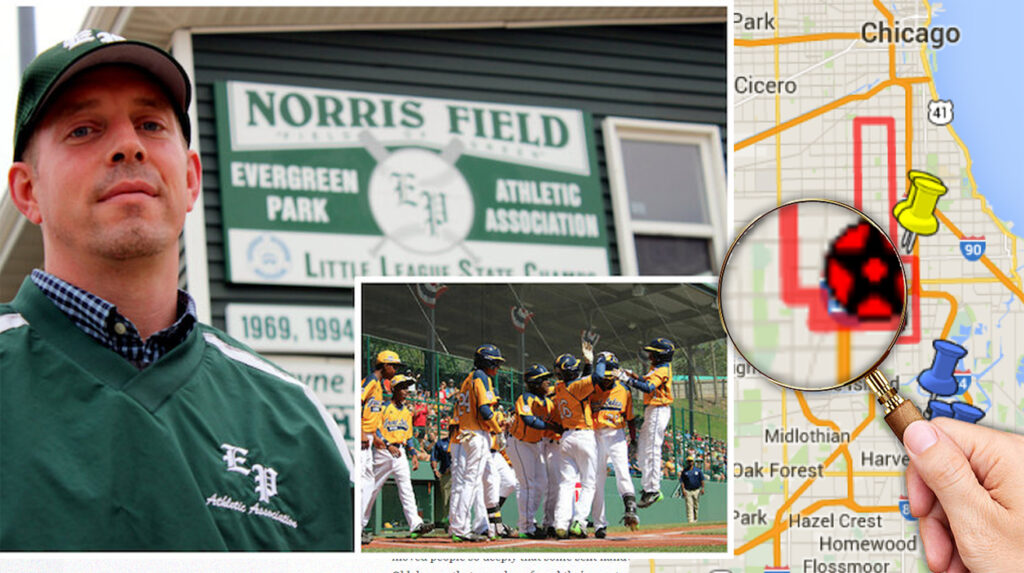
Enter the villain—or whistleblower, depending on your perspective. Chris Janes, coach of the team that suffered that brutal 43-2 beatdown, started asking uncomfortable questions. After taking an L that epic, Janes turned detective and alleged JRW recruited players from outside their boundaries.
His DIY investigation gathered evidence that some players lived nowhere near JRW’s district. Janes filed formal complaints that initially landed with all the impact of a dropped pizza on carpet. Little League promptly dismissed the case, a decision they’d later reverse faster than an umpire dodging a foul ball. The media storm began brewing as Chicago’s feel-good story faced its first serious challenge.
6. Conflicting Evidence and Public Congratulation
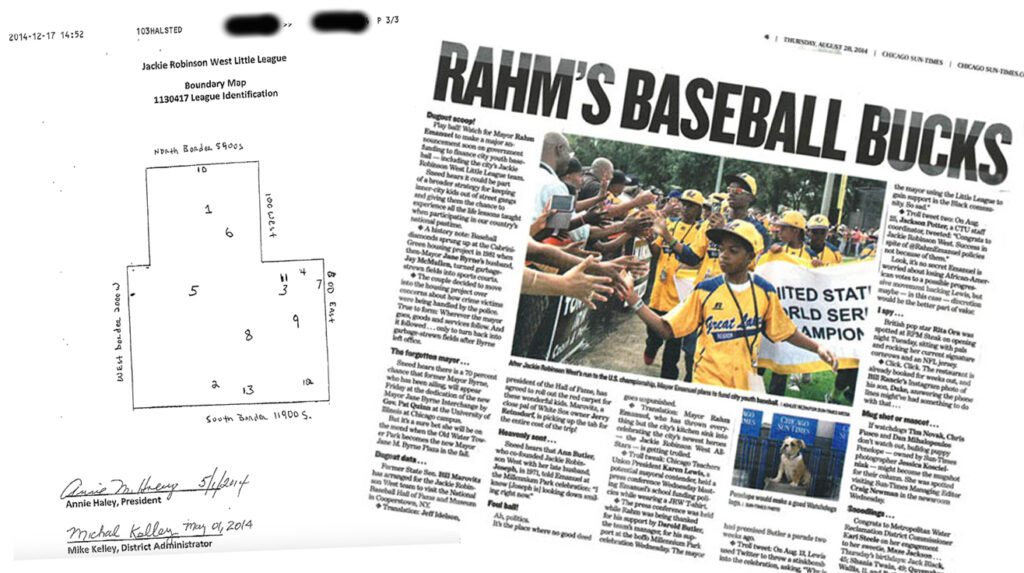
In a twist worthy of a Netflix documentary, the celebration became the investigation’s smoking gun. Congratulatory posts turned into receipts faster than you can say “boundary violation.” A US Representative shouted out a player from outside the district. Sports Illustrated casually mentioned a kid attending school nowhere near Chicago.
Social media congratulated players from Michigan, West Chicago, and various Illinois towns—all outside JRW’s territory. Even the mayor planned to celebrate a kid from a different district. These well-meaning shoutouts created a paper trail that Little League couldn’t ignore. The organization reopened the case, proving that in 2014, even before cancel culture peaked, receipts still mattered.
5. Little League’s Investigation and Findings

Little League rules aren’t suggestions—they’re harder boundaries than your Netflix screen time limits. Player eligibility hinges on where kids live or go to school, with maps more scrutinized than disputed territories in Game of Thrones.
The investigation revealed JRW submitted altered boundary maps without getting necessary approvals. District administrator Michael Kelly—who had been with JRW for 25 years—played cartographer and expanded territory without permission. His quarter-century relationship with the team raised more red flags than a slalom course. These unauthorized map edits formed the core violation that would eventually erase the team’s championship from the record books.
4. Stripping of the Title and Initial Reactions
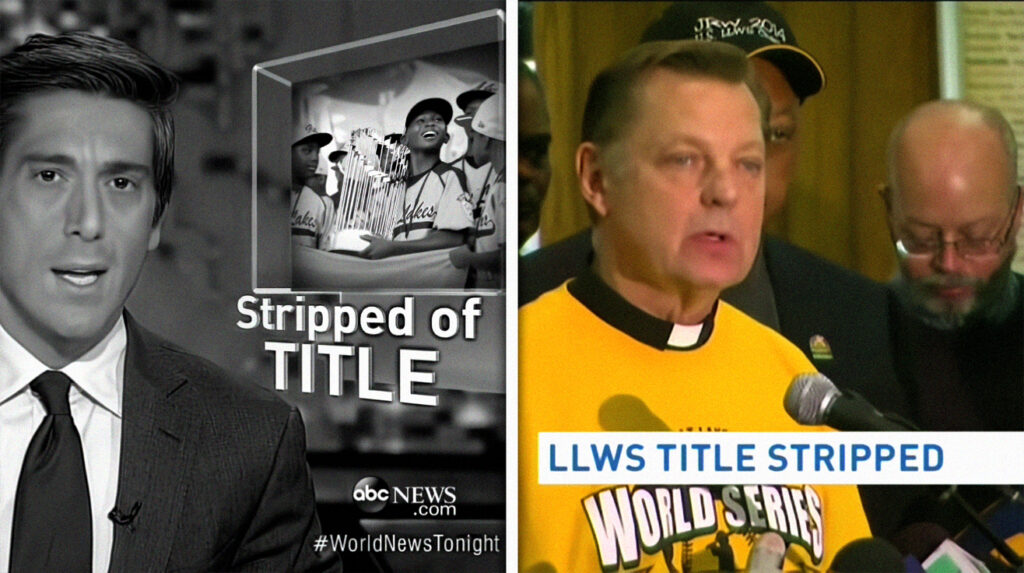
On February 11, 2015, the hammer dropped harder than a Marvel superhero landing. Little League stripped JRW of their U.S. title, banned Michael Kelly for life, suspended Coach Butler, and benched the entire program until their president resigned. Just like that, the championship was gone.
Chicago erupted. Some nodded along with the punishment—rules are rules. But many saw it differently: innocent kids paying for adults’ sins. The debate split faster than Twitter during a celebrity scandal. Critics called the punishment excessive, arguing that taking away these children’s achievements was like deleting someone’s graduation because their teacher cheated. Despite the controversy, the community wrapped around these kids tighter than ever.
3. Questions Regarding the Investigation
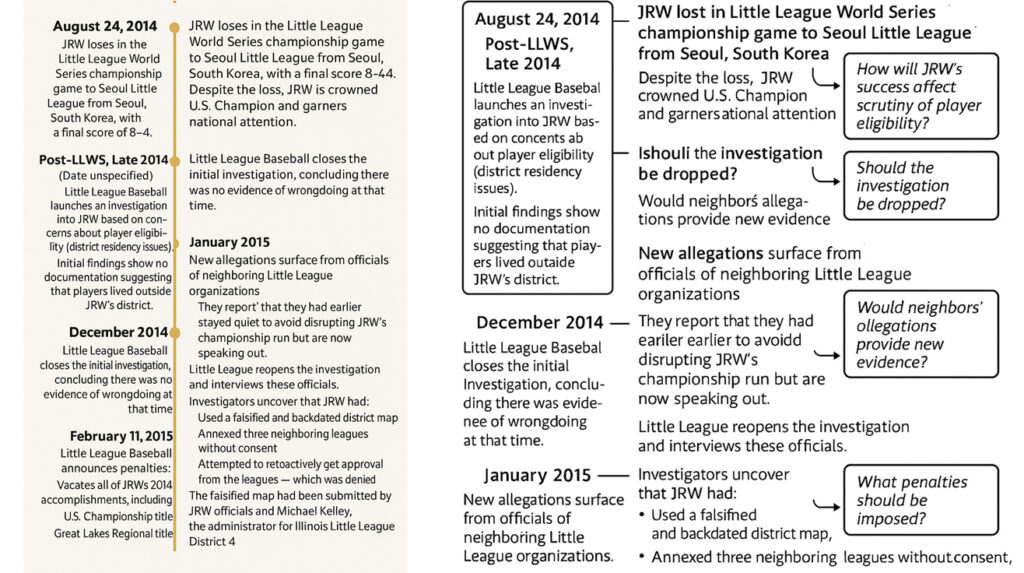
The investigation left more plot holes than a rushed season finale. Why did Little League take so long to spot violations when the evidence sat in plain sight? What exactly prompted them to reopen a case they’d already closed?
The whistleblower faced scrutiny too. Rumors swirled that Janes’s own league had boundary issues—talk about throwing stones from glass dugouts. His later arrest for assault in an unrelated incident didn’t help his hero image. The whole saga became murkier than streaming service licensing rights, leaving many wondering if JRW took the fall for a practice more common than anyone admitted.
2. Lawsuits and Legal Battles
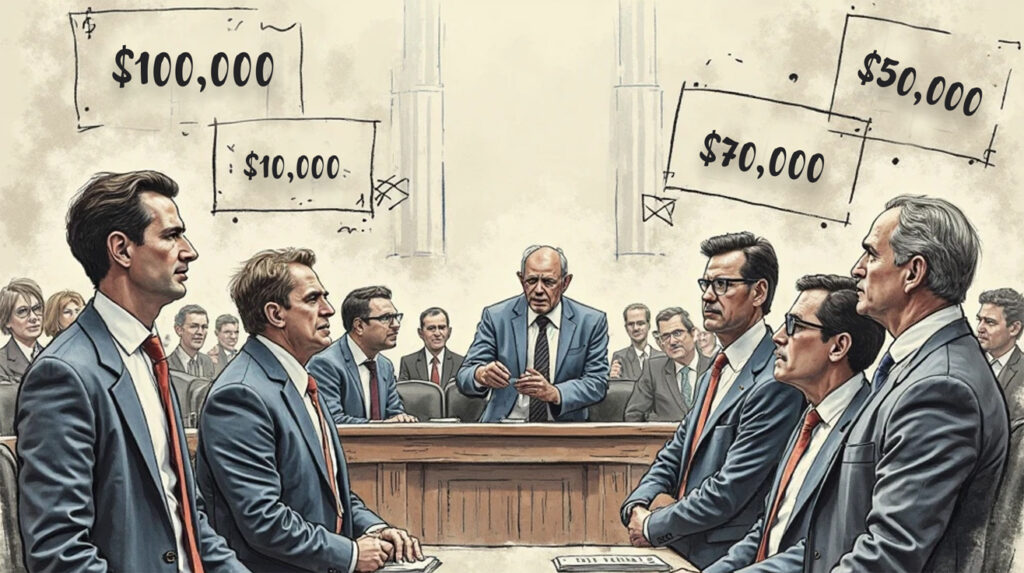
The scandal morphed into a legal circus that would make Better Call Saul raise an eyebrow. JRW sued Little League for $100,000 in legal fees despite having just $90 in their defense fund—bold strategy, Cotton.
Parents and Coach Butler filed their own lawsuit, dragging in Little League, ESPN’s Stephen A. Smith, and whistleblower Janes. Not to be outdone, Janes countersued Little League for failing to protect him from the backlash. The courtroom drama dragged on longer than a Marvel franchise, with many cases still unresolved years later. The only winners? The lawyers who billed through a scandal more convoluted than the last season of Game of Thrones.
1. The Lasting Impact and Legacy
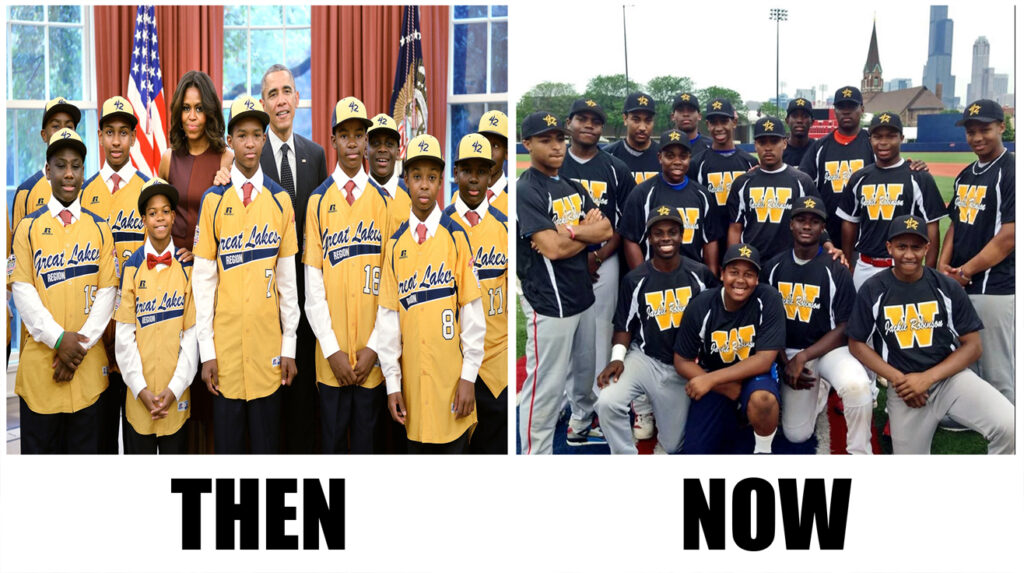
Years later, the JRW scandal still haunts youth sports like that one embarrassing photo that never leaves the internet. Players carry the “cheater” label despite only 5 of 13 actually being ineligible. These kids—now adults—never drew the boundary maps but still wear the scarlet letter.
The story serves as youth sports’ ultimate cautionary tale. Like the final scene in a sports drama where the text appears telling you what happened afterward, this scandal forced leagues nationwide to reexamine their rules and enforcement. For Chicago’s South Side, where organized sports provide vital structure for youth, the damage cut deeper than any loss on the scoreboard. The controversy remains a sobering reminder that in youth sports, the adults in the room can be the real problem.



